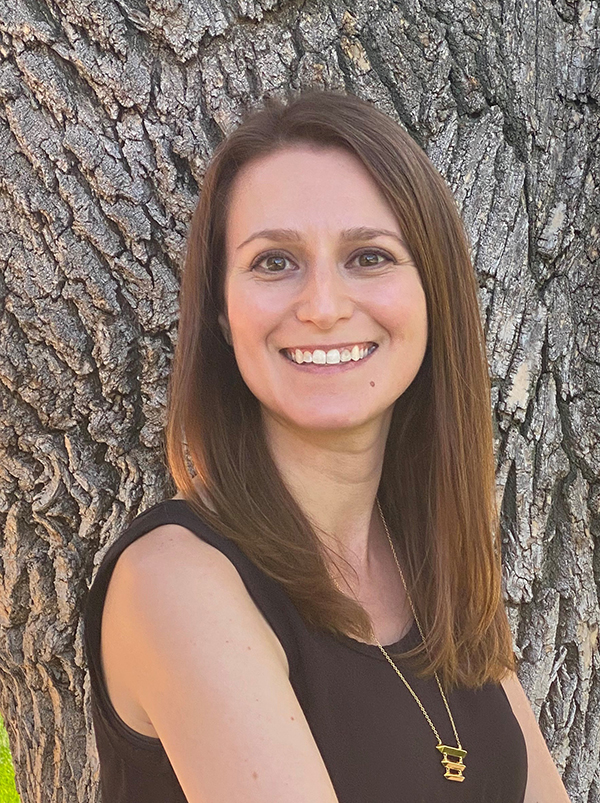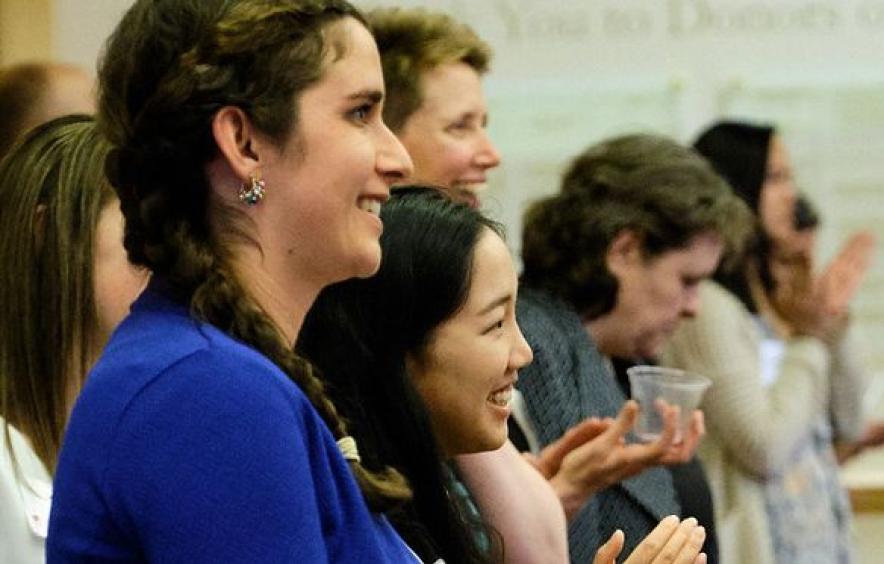Our clinical psychology PhD program has an emphasis in child psychology and subscribes to a clinical science model. We value an approach that fosters curiosity, innovation, collaboration and inclusiveness, with research that serves the public good.
Our program is accredited by the APA and a member of the Academy of Psychological Clinical Science. Students receive in-house training through the Center for Child and Family Psychology and the Developmental Neuropsychology Clinic. Students also complete clinical externships at local medical centers and community mental health centers.
Our faculty conduct research on a variety of topics relevant to developmental psychopathology including the multifaceted impacts of trauma, health, and stress; complex risk and vulnerability factors; comorbidity; and innovative interventions. Graduates pursue a range of careers that utilize their strong research and clinical training in settings such as colleges/universities, academic medical centers, hospitals, and community mental health centers.
Our Director of Clinical Training is Dr. Jill Holm-Denoma. You can contact Dr. Holm-Denoma at jill.holm-denoma@du.edu.
The Clinical Psychology PhD program with an emphasis in child psychology has been fully accredited since 1964 by the American Psychological Association, which can be contacted at:
Office of Program Consultation and Accreditation
American Psychological Association
750 First Street NE
Washington, D.C., 20002
Website: APA accreditation site
Phone: 202-336-5979
Fax: 202-336-5978
Concentration
Developmental Cognitive Neuroscience
The specialization in Developmental Cognitive Neuroscience is open to students in any of the graduate programs in Psychology. It is designed to equip students with advanced knowledge and training in an interdisciplinary approach to neuroscience and psychology.
The coursework covers diverse fields and research methods including neuroimaging, computational modeling, computer programming, psychophysiology, neuropsychology, neuroendocrinology and behavioral genetics. The program prepares students to be leaders in collaborative science approaches.
Featured Faculty









